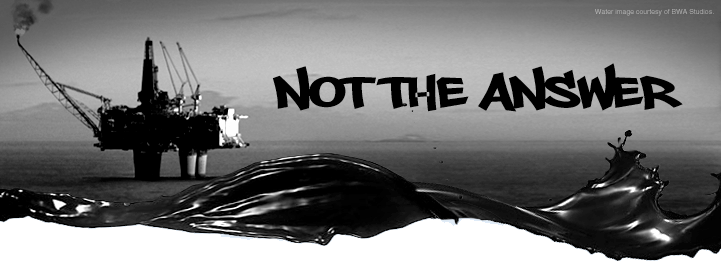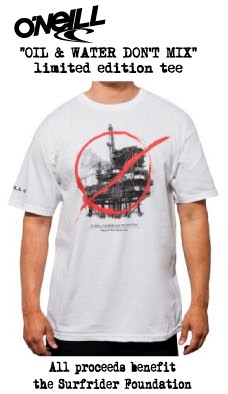
Photo: Marcus Sanders
One Year After the Oil Spill: What Has Changed?
Find out what's being done to prevent another disaster from polluting the Bay
Jared Huffman, California State Assembly, 6th District
Sejal Choksi, Baykeeper and Program Director, San Francisco Baykeeper
Chris Godley, Manager of Emergency Services, Marin County Sheriff Office of Emergency Services
David Lewis, Executive Director, Save the Bay - Moderator
Last November's Cosco Busan oil spill exposed many gaps in existing laws and policies governing oil-spill response in California. Come learn about what changes have been made, how prepared we are for another oil spill in the Bay, and what reforms still need to be made.
Location: Commonwealth Club, San Francisco
Time: 11:30 a.m. check-in, noon program
Cost: CLUB/BAYKEEPER MEMBERS FREE, $15 non-members
Program Organizer: Kerry Curtis
Also know: In association with San Francisco Baykeeper and Save the Bay
Find about how to get tickets here
Photos from the spill














 ;
;



